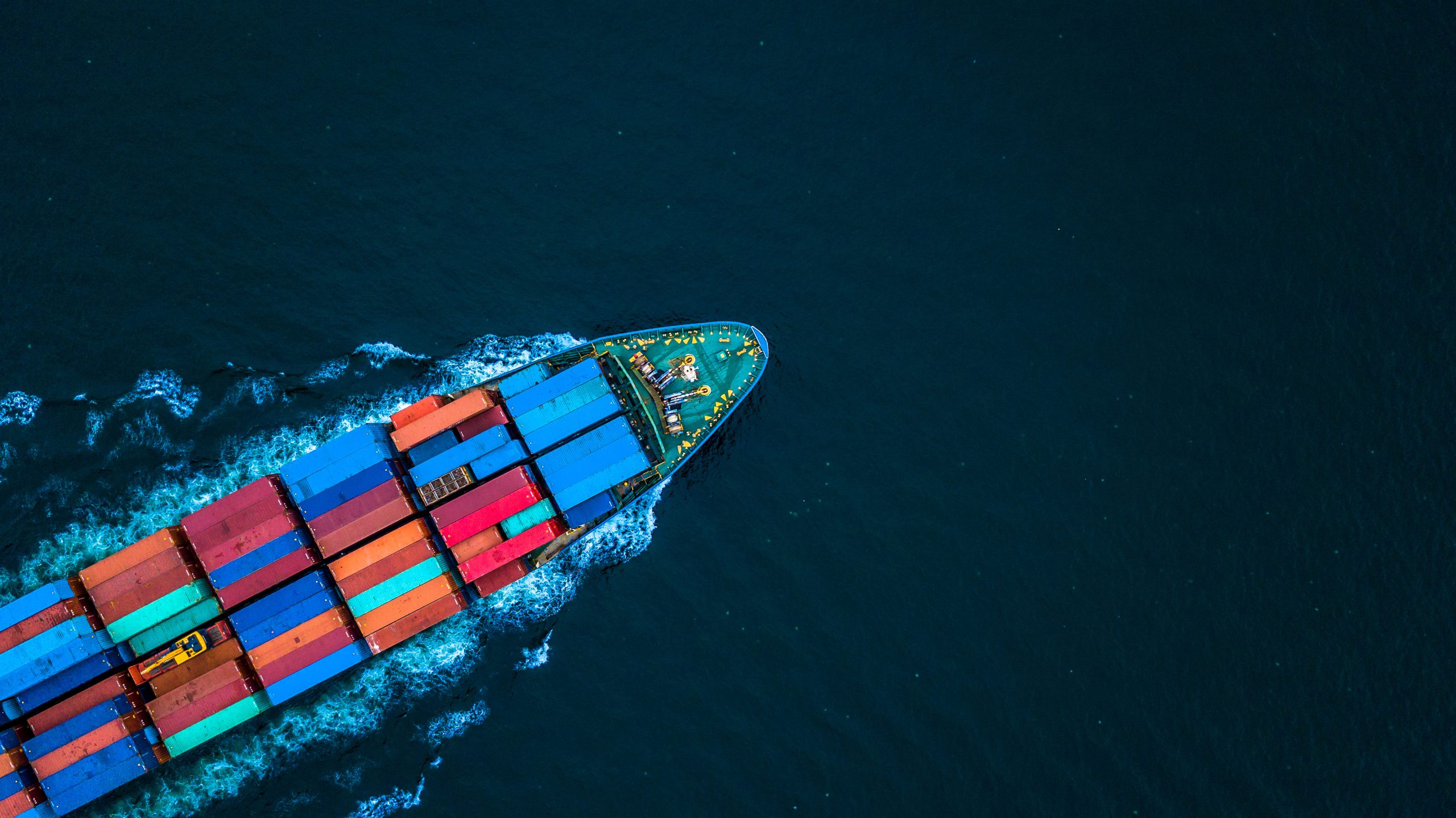Do I Need a Customs Broker in NZ? What Importers Should Know In 2025, New Zealand’s trade landscape is more dynamic than ever. With evolving regulations, technological advancements, and global trade agreements, navigating the import process has become increasingly complex. For importers, especially those new to the scene, understanding the role of a customs broker […]

In 2025, New Zealand’s trade landscape is more dynamic than ever. With evolving regulations, technological advancements, and global trade agreements, navigating the import process has become increasingly complex. For importers, especially those new to the scene, understanding the role of a customs broker is crucial.
A customs broker is a professional who assists importers and exporters in meeting the requirements of international trade. They ensure that shipments comply with all applicable laws and regulations, handle documentation, calculate duties and taxes, and facilitate communication between the importer and government agencies. (CBAFF)
In New Zealand, while customs brokers are not mandated to be licensed by the New Zealand Customs Service, it’s advisable to engage brokers who are members of the Customs Brokers and Freight Forwarders Federation of New Zealand (CBAFF)
The import process in New Zealand has undergone significant changes over the past decade:
Given these factors, a customs broker’s expertise can be invaluable in ensuring smooth and compliant import operations.
Over the last ten years, New Zealand’s trade environment has evolved:
These developments underscore the importance of staying informed and compliant, areas where customs brokers can provide significant support. (CBAFF)
While it’s possible to handle imports independently, the complexities of today’s trade environment make the case for engaging a customs broker compelling. Their expertise not only ensures compliance but also contributes to more efficient and cost-effective import operations.
At Valonia Logistics, our experienced team is ready to assist you with all your customs clearance needs. Contact us today to learn how we can support your import activities.